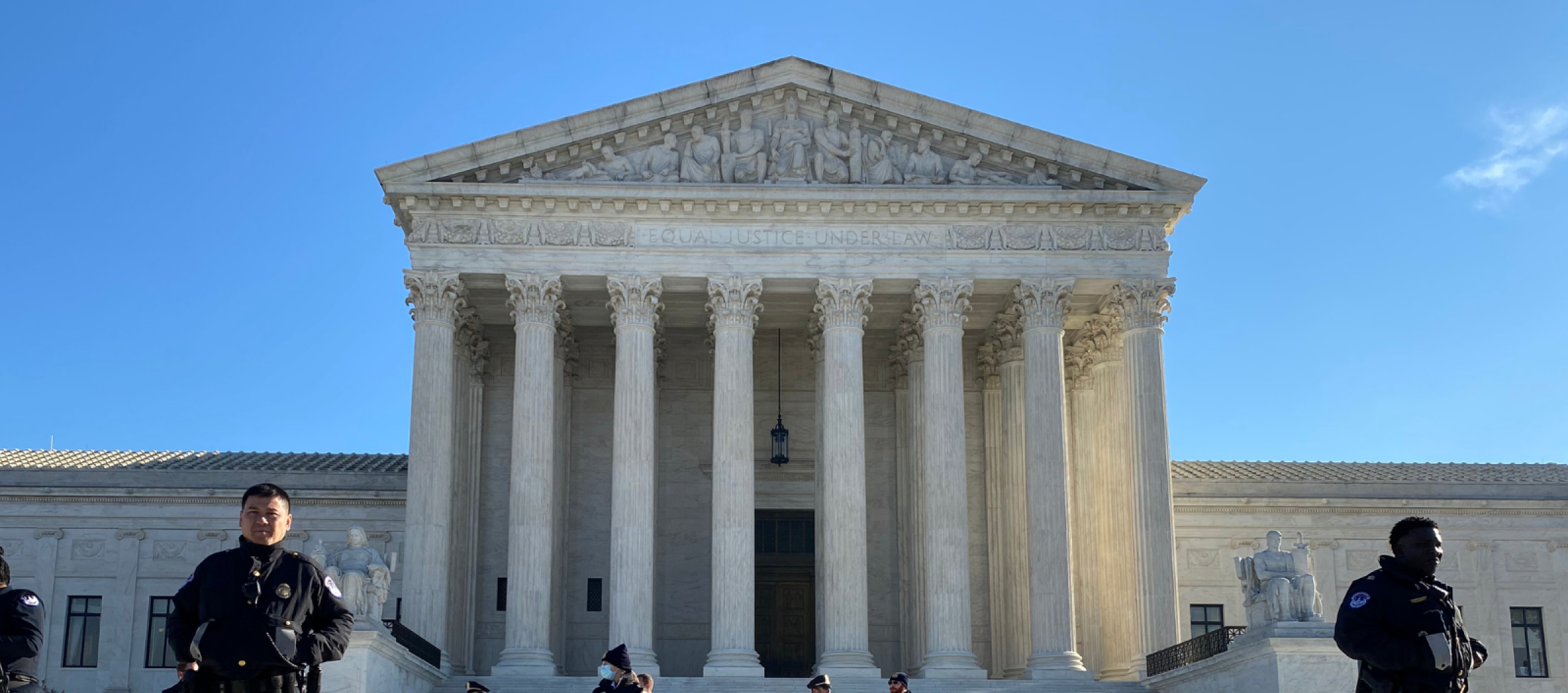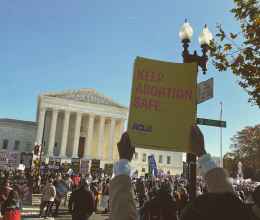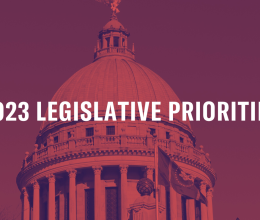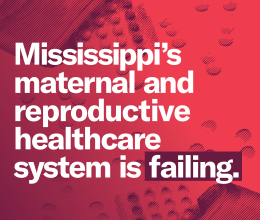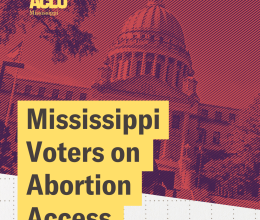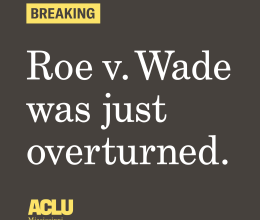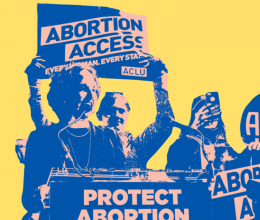
Monday night, Politico released what has since been verified as a draft opinion in Dobbs v. Jackson Women’s Health Clinic. Written by Justice Samuel Alito, the draft explicitly overturns Roe v. Wade and upends abortion rights in the United States. The opinion criticizes Roe for lacking historical precedent and opens the door for curtailing other inherent privileges that are not explicitly listed in the Constitution.
Essentially, Alito says that since there was not a common law right to abortion before the drafting of the Constitution, and there is not one word-for-word laid out in the Constitution, women do not have a Constitutional right to reproductive choice. He instead says that women can vote for abortion rights, which is an ironic position given that Alito helped gut key portions of the Voting Rights Act in a 2013 Supreme Court decision.
To be clear, Mississippians have already overwhelmingly in favor of reproductive choice. In 2011, 58 percent of voters shut down a Personhood Amendment, which would have enacted a complete ban on abortions within the state.
There is a slim possibility that a majority of Justices will not support Alito’s draft opinion, outright overturning Roe. Instead, a majority may sign on to an opinion from Chief Justice Roberts, which presumably would only uphold Mississippi’s 15-week abortion ban. In this alternative scenario, the Court could change the current framework, which presently prevents states from unduly restricting a woman’s right to an abortion prior to viability, which is about 23 weeks. This alternate decision could set a new timeline or layout a different test for judging the constitutionality of abortion bans. This would likely allow States to decide when abortion is and is not legal.
This alternative would still all but eliminate abortion access in Mississippi and severely restrict it across the country. In Mississippi, the Legislature has already passed a six-week ban, which was overturned by a federal district court and not appealed by the state while the Dobbs case proceeded. If Roe is not explicitly overturned, Mississippi would likely look to enact this six-week ban.
During oral arguments in December, Chief Justice Roberts hinted that he favored a narrower approach, like the alternative mentioned. But, because Roberts did not write this leaked draft opinion, it is indicative that the Chief Justice disagrees on some level with the majority of the Justices to overturn Roe.
For now, however, Roe v. Wade is still the law of the land, and abortion is still legal. ACLU of Mississippi remains committed to ensuring that no person will endure a forced pregnancy and that the people of Mississippi can make their own decision about if and when to have children.
